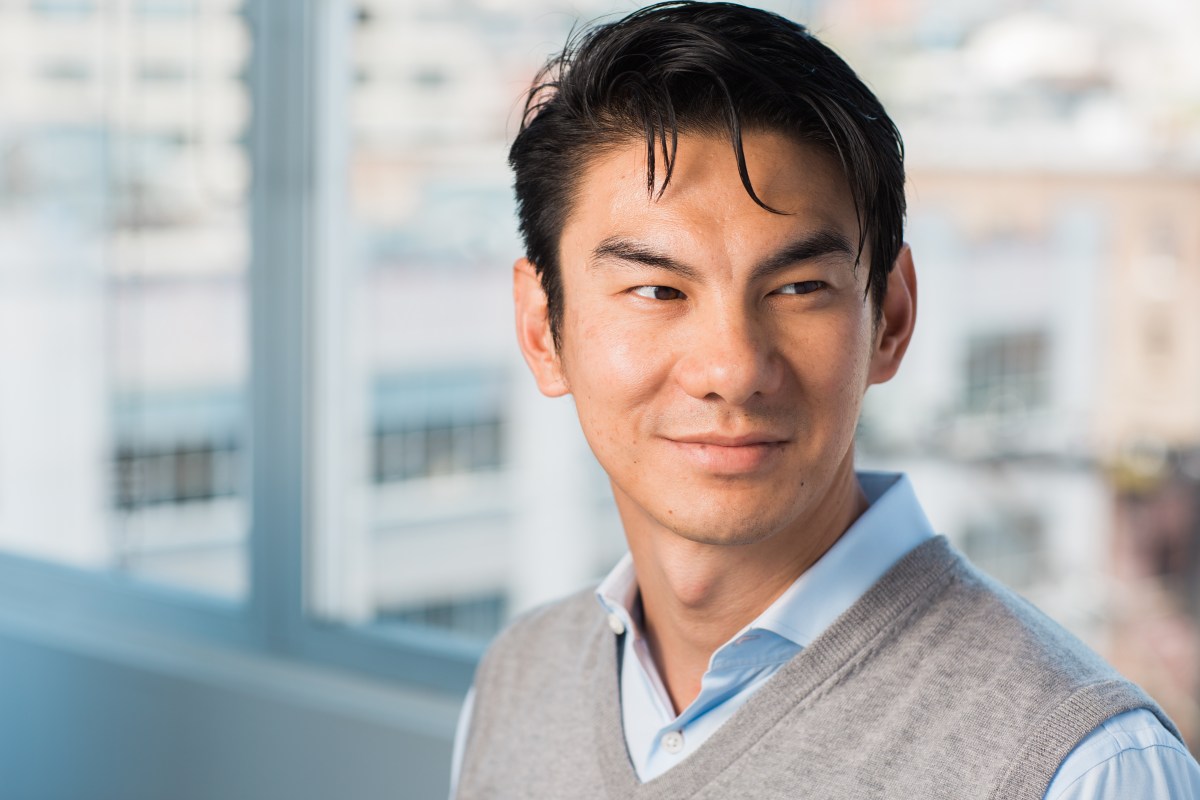
When you supervise a team of engineers hailing from over 40 countries, the way Upwork’s Senior VP of Engineering Han Yuan does, you develop priceless knowledge about how distributed teams work. According to Han, the crux of the challenge is setting expectations with every team member. Doing this well requires maintaining a consistent culture, along with regular, frequent, and — most of all — clear communication.
What does it mean to maintain a consistent culture? Han calls this a “very difficult problem” when applied to distributed teams.
So for example, how long can you sit on a pull request? Can you sit on it forever, can you sit on it for one day, three days? Different engineers from different parts of the world have potentially different points of view on what is “being responsive to a colleague.”
Clear, consistent culture
Han says the team spends a lot of time documenting conversations and decision-making processes in explicit detail. This isn’t just a good idea — it’s a core part of Upwork’s culture. Engineers are rewarded when they contribute positively to communication and documentation, and get constructive feedback when behavior falls short of those cultural norms. This requires engineers to have strong writing skills, Han says. He favors candidates who demonstrate this ability because his team’s constant asynchronous communication would break down if team members weren’t able to express themselves clearly and concisely.
The engineering team’s most important collaborative tool isn’t an elaborate coding or project-management platform, but Google’s G Suite.
Being able to co-author documents in real time, comment, assign action items — it is a game-changer for us, especially when it comes to assembling information very quickly. When we have site incidents, for example, we really need to make sure that a document is written quickly so that it’s fresh on the top of people’s minds, and then we run the post mortem. That level of tooling is critical.
Upwork — and Han — are also committed to transparency. “We spend a lot of time trying to create transparency within this working operating system of how we build the site. And so a big part of that is making sure that when there are issues, everybody understands it, even from the executive standpoint,” says Han.
When issues turn into disagreements, Upwork engineers employ a clever conflict-resolution protocol.
As soon as you have come to a place where you disagree, you follow our proposal process, which is the same format: State your problem, state each other’s point of view, and then bring it to the adjudicating body, which in this case would either be an architecture review, or — we have a different body called Engineering Staff, which is the top 30 senior people in the engineering organization, to adjudicate over this.
It might seem strange for employees to “state each other’s point of view,” in addition to making their own case in an argument. According to Han, it’s all about fostering a culture of empathy. If employees have to think about one another’s opinions deeply enough to articulate them accurately, there’s a good chance they will come to recognize their logic, or even their value.
We really want to encourage empathy in general. And so a key part of empathy is being able to try to see the other person’s point of view. And in an organization as distributed as ours where people come from all around the world, we view it as an essential ingredient to developing deep and meaningful collaboration.
Diversity as an Engine for Creativity, Empathy, and Collaboration
What is the most important characteristic of a distributed team? If you were to ask Han Yuan this question, he’d give an uncommon answer: diversity, and “actually interacting with somebody who isn’t very familiar with how you do things.”
I think that has a lot to do with different people from different backgrounds and different parts of the world who have experienced different things and have worked on different things, and that is quite powerful. I think when nurtured well it creates the conditions for things like creativity, empathy, collaboration, and things like that, and I think that’s very valuable.
When a company brings together people from all over the world to work toward a common goal, there are benefits to diversity in general. But diversity doesn’t automatically start benefiting the company when you bring together a diverse group of people. The conditions for wide participation in decision-making and feedback need to be cultivated intentionally by management. Employees need to recognize that their input is valued by the team.
When they feel empowered to fully participate in strategic discussions, they generate a positive feedback loop. “Because people are very aware that they come from different places,” says Han, “they tend to ask more questions, which I think does elicit a little bit more thought from other people.”
One might be inclined to believe that soft skills like empathy and listening aren’t as crucial when employees are working remotely, but just the opposite is true. Like any engineer, Han is quick to cite the slick new tools his team uses to collaborate, but it’s clear he values the soft skills that his team members bring to the table even more. Values like empathy and transparency contribute to a company culture that can thrive in the absence of daily face-to-face communication.
For more on Upwork, read “The American Dream is Broken, and I think we have a shot at fixing it.”


